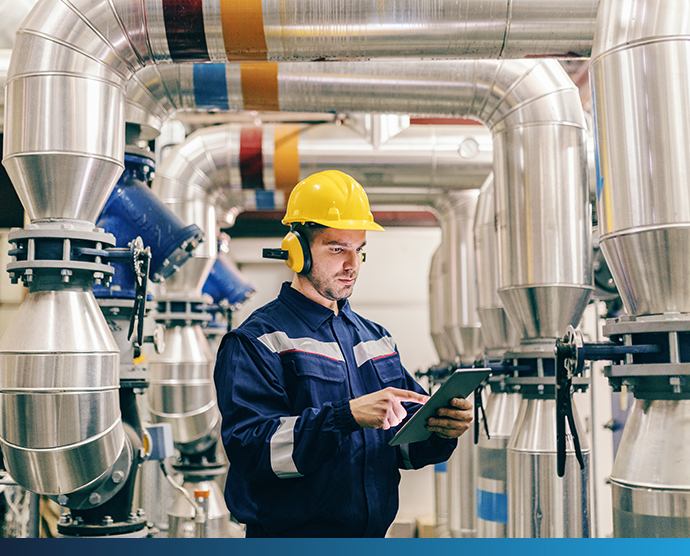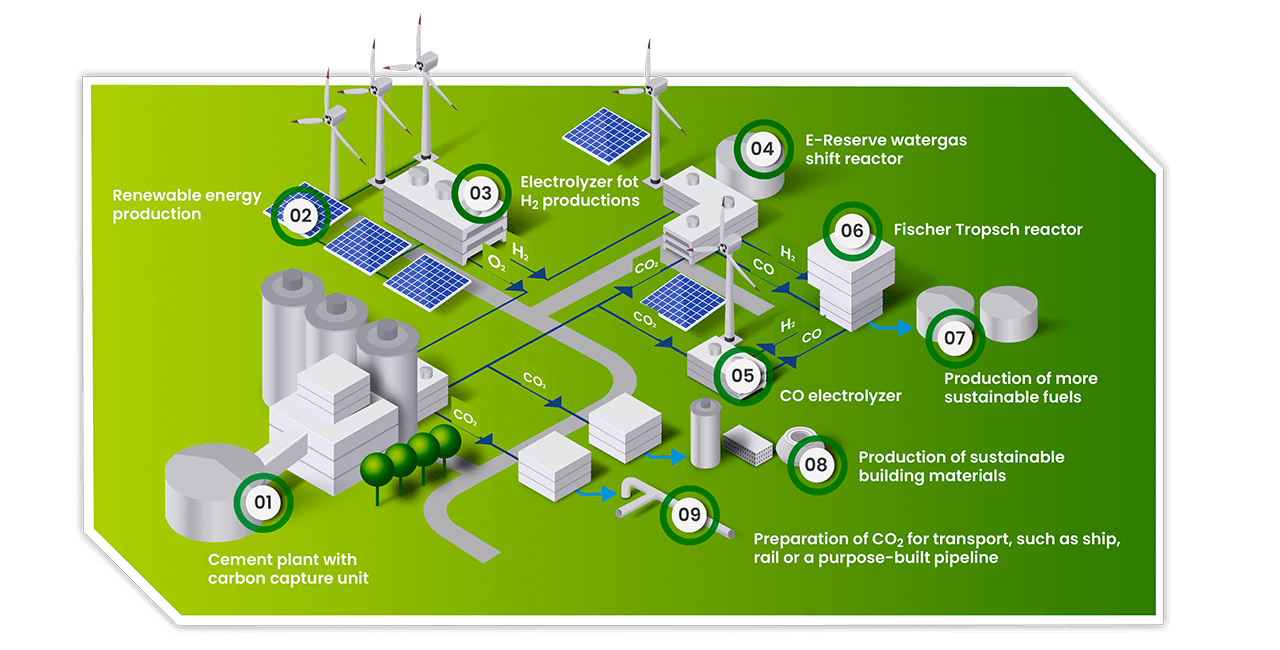
INNOVATION & PARTNERSHIPS
A Strategic Collaboration
The key to unlocking true carbon neutrality is discovering and scaling new technologies that can capture, store, or use carbon.
The Future in Action program includes investment in breakthrough technologies by collaborating with other industries and companies that are at the forefront of Carbon Capture, Use, and Storage (CCUS), as well as clean energy generation.








